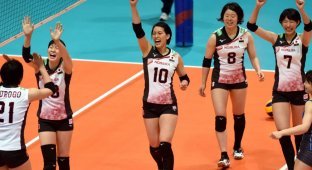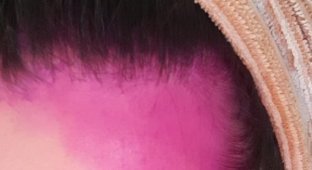Why Japanese schoolgirls are banned from wearing ponytails (6 photos)
There are a lot of stupid rules in Japanese schools, seemingly invented just to make children unhappy. 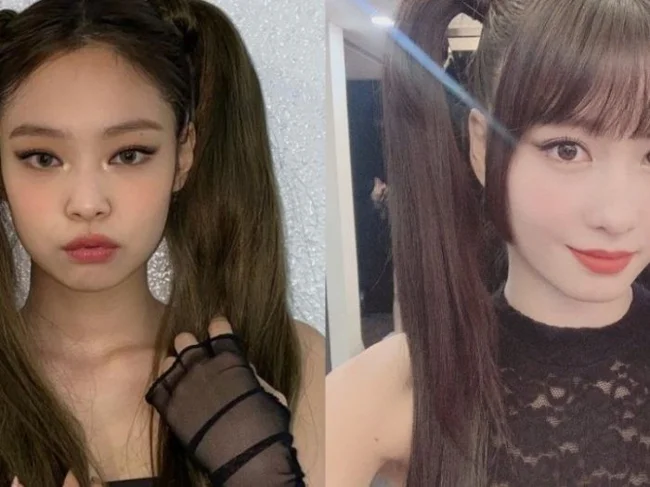
On the color of underwear, on the color of hair (not only can't you dye your hair, but they'll even make you bring a certificate that you have brown, not black hair). You can't paint your nails or have affairs with classmates (what business is it of yours, you'd think? But no).
They even require you to wear white panties, because otherwise it's already flirting and frivolous underwear.
And most importantly, all this nonsense started a long time ago and will not be eradicated until 2024. Because this year, those schools in Japan (according to surveys, such a rule applies in about every 10th school), where there was a rule on hairstyles, extended the ban:
Girls are not allowed to put their hair in a ponytail, and a high one is generally a crime! 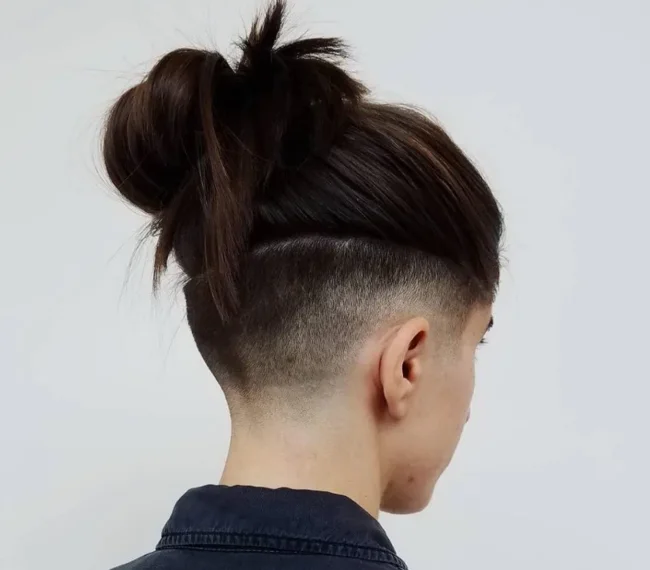
An undercut is generally a crime at the school level!
Why you can't wear a ponytail in Japan
Because exposing the back of your head can "sexually excite" male classmates.
As you can understand, all this is rooted in traditional culture. When girls dressed in thick kimono, wrapped in obi, and the only strip of bare skin visible to a man was the strip on the neck under the hair, when the girl bends down to pour tea. Or when you look at her. 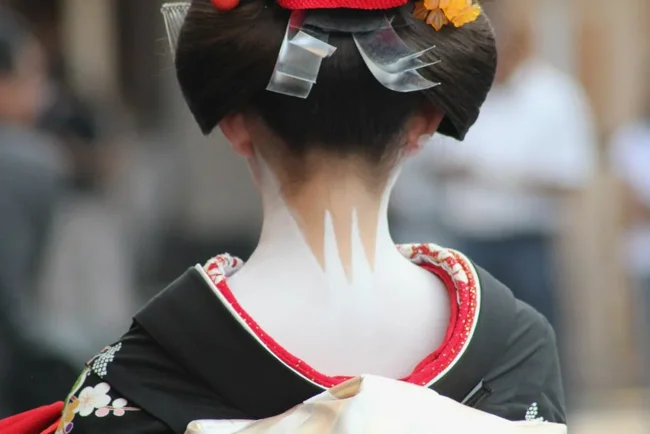
Here it is, this strip, ruining the children's lives!
So it is customary for them to get incredibly excited by this sight - such is the tradition.
By the way, the undercut hairstyle is also strictly prohibited.
But now it is the girls who do not wear kimonos to school who suffer from it, whose knees are visible, and in general you can communicate with them like with normal living people without any social obstacles. 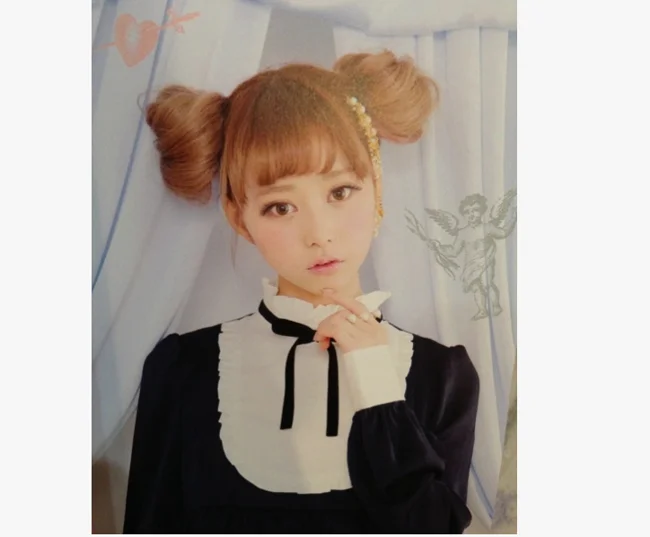
It's a shame about the bans, in Japan girls often do very cute hairstyles for blogs and photos
But if there are no obstacles, the administration will create them. It is ironic that the list of permitted hairstyles from these schools often includes even more revealing ones, for example, a bob hairstyle. After all, with it, the entire neck is exposed.
But Japanese school principals are simply afraid to just cancel the old rule. They say that then other wild hairstyles will come in droves, which are easy to do today with powerful fixatives and sprays, and there will be no more restrictive rules.
"Democratic" schools are already appearing in Japan, but much more slowly than necessary.
This is a fight against violence
The irony is that school rules began to become more and more strict in the 1970s, when the issue of bullying in schools became acute in society. 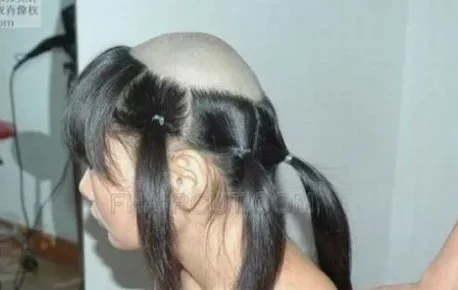
Doctor, is it possible to do this?
In Asia, especially in Japan and Korea, bullying for some reason reaches some institutional level, and the government is trying to solve this problem with more and more new rules.
And the main rule is to stand out as little as possible, wear the same hairstyle and panties of the same shade. And you know what? It doesn't help. If before a girl could be bullied for unfashionable dresses, now they are bullied for stuttering, plump lips, smell. That is, they hit personal qualities and even more painfully than external manifestations. 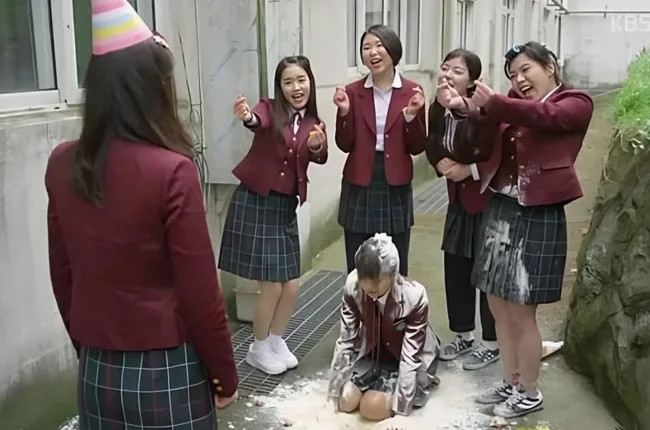
Bullying is often shown in dramas, it's like a norm of life
The school administration is digging from the wrong side.
That's how it started with schoolgirls' ponytails and ended up fighting school violence.













